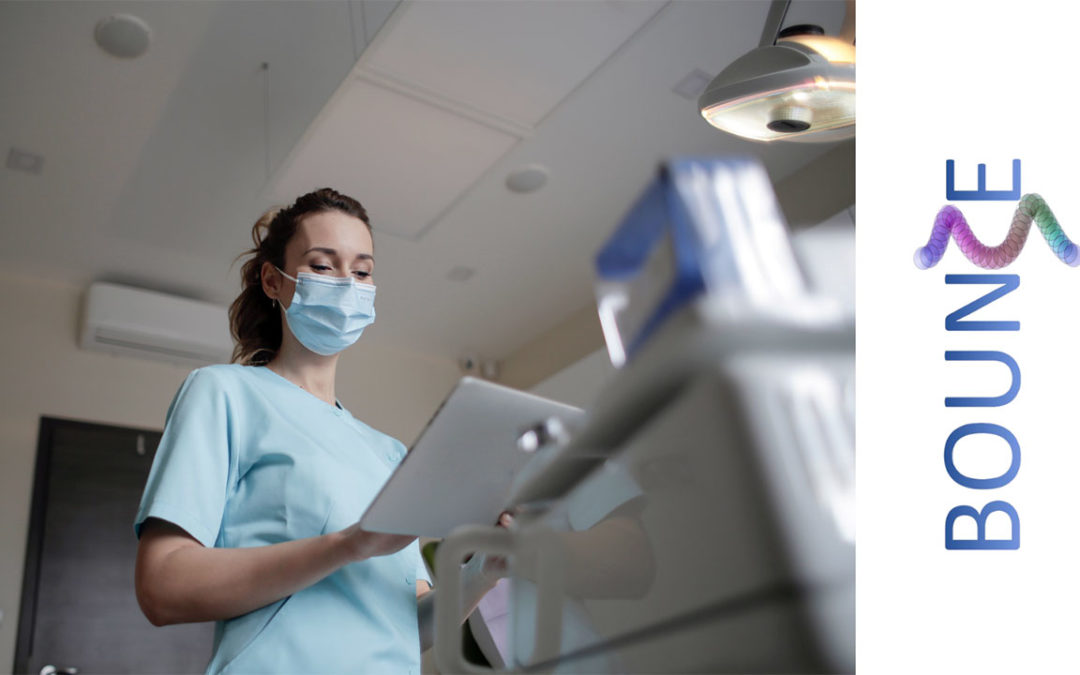Validating BOUNCE AI models
Within the BOUNCE project, a clinical validation of the developed Artificial Intelligence (AI) models, incorporated in the BOUNCE Clinical Decision Support System (CDSS), was conducted using a pilot study comprising 60 breast cancer patients.
QoL prediction
The experiment setup was piloted with an AI model focusing on breast cancer patients’ quality of life (QoL) prediction after six months from the start of treatment. Six clinicians from HUS and three clinicians from CHAMP participated in the validation using BOUNCE CDSS and predicted QoL for 60 breast cancer patients with and without the aid of the implemented AI models.
Predicting patients’ resilience
Our preliminary results showed that clinicians’ performance to evaluate the patients’ QoL was higher with the aid of machine learning predictions than without the aid according to the Area under the Curve (AUC) performance metric. AUC of clinicians was 0.777 with the aid and 0.755 without the aid. When the model’s prediction was correct, the average accuracy (ACC) of the clinicians was .788 with the aid and .717 without the aid.


